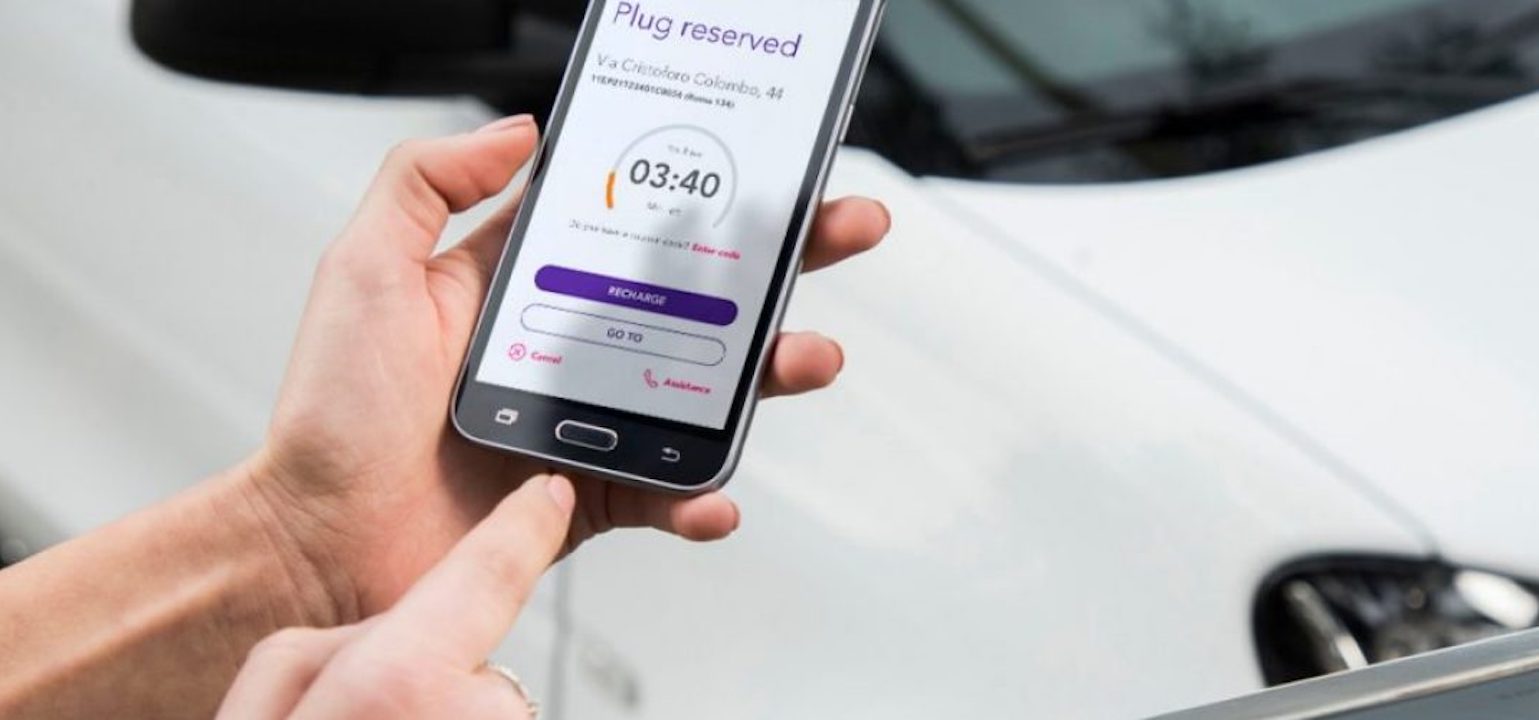Google must already be used to getting fined by antitrust watchdogs all over the world. The latest one that they have received is a $123M fine from Italy’s Antitrust Authority (AGCM) due to a third-party app that was restricted from Android Auto. The watchdog said that Google violated Article 102 of the Treaty on the Functioning of the European Union, abusing their dominant position by restricting access to its platform and ordering them to make the app and other third-party apps available on Android Auto.
The issue that earned the ire of Italy’s antitrust watchdog is that of an electric car charging app called JuicePass, created by energy company Enel X Italia. While the app is still accessible through an Android smartphone, not having it on the Android Auto platform kind of defeats the purpose. The platform aims to lessen the times that drivers should be reaching for their phones while driving so apps that are not there will get less users for their target market.
The AGCM says that Google should grant JuicePass and other third-party app developers interoperability with Android Auto. The app brings a wide range of services for electric vehicles including finding charging stations, reserving a spot at a station, and managing the charging session itself. By refusing interoperability, they say that Google has “unfairly limited the possibilities for end-users” to avail themselves of these services.
Under European Union law, companies that have a dominant position have a responsibility not to restrict competition in other markets where it operates. In this particular case, the AGCM is worried that Google’s conduct will actually affect the development of electric mobility which is still in a crucial phase. They say they will be monitoring Google’s compliance with this order, including providing third-party developers with access to Android Auto.
For its part, Google disagrees with the order and says they have not violated any antitrust rules. They claim that the restrictions they place on apps’ access to Android Auto is to ensure that drivers are not restricted. They also say that they have granted access to more apps over time and “thousands” of apps are now compatible with the platform. They did not specifically say if they will be appealing the ruling.
